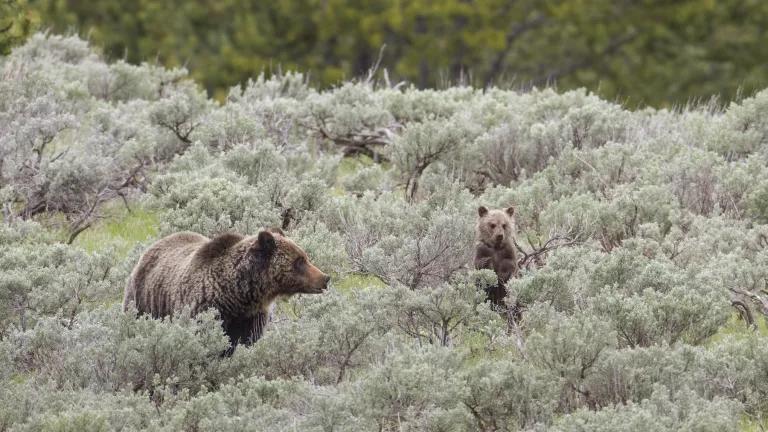China’s Ivory Ban Is Reducing Nation’s Legal Market

On March 31, China—the world’s largest consumer of elephant ivory—will undertake the first phase of its domestic ivory ban by closing roughly one third of its ivory processors and retailers, with the remainder to be closed by the end of the year. This important move flows from Chinese President Xi Jinping’s 2015 promise to shut down the nation’s legal ivory trade.
This is great news for Africa’s elephant population, which has dropped from about 1.2 million to between 400,000 and 500,000 over the past 35 years.
And—more good news—a report released yesterday by Save the Elephants shows that anticipation of the ban is already having a positive impact on China’s ivory trade. The report found that the wholesale price of raw (i.e., uncarved) ivory in China has fallen drastically in the last three years, from $2,100 per kg in 2014 to $730 per kg in 2017. The number of licensed ivory factories dropped from 37 to 34 in 2015 alone, while the number of licensed retail outlets fell from 145 to 130. There has been a sharp decline in the number of illegal ivory items on display for sale since 2013. And ivory vendors were pessimistic about the future of the ivory industry, with some replacing elephant ivory items with objects made of alternative materials, such as mammoth ivory and clam shell.
The fact that China’s ivory stores are gradually reducing the quantity of ivory items on display for sale, cutting prices, transitioning to alternative materials, and even closing in some instances shows that ivory sellers are taking China’s promise to ban the ivory trade seriously and adjusting their businesses accordingly.
China is taking important steps to implement its domestic ivory trade ban, which should help save elephants from poaching. Now, it’s time for other countries, like the United Kingdom and Japan, to do their part and follow suit.




